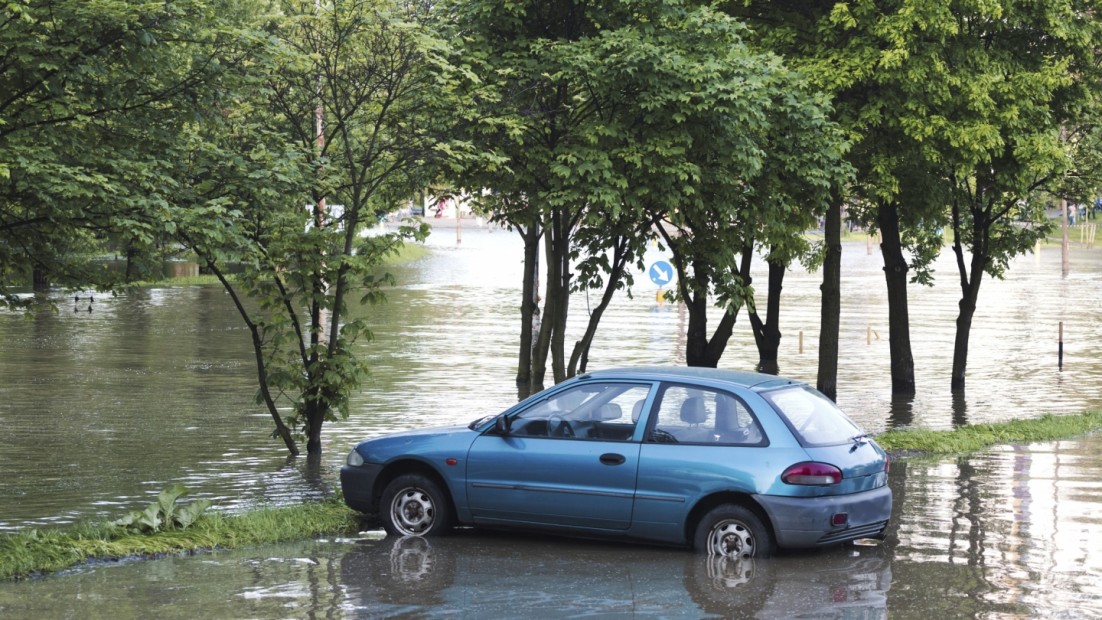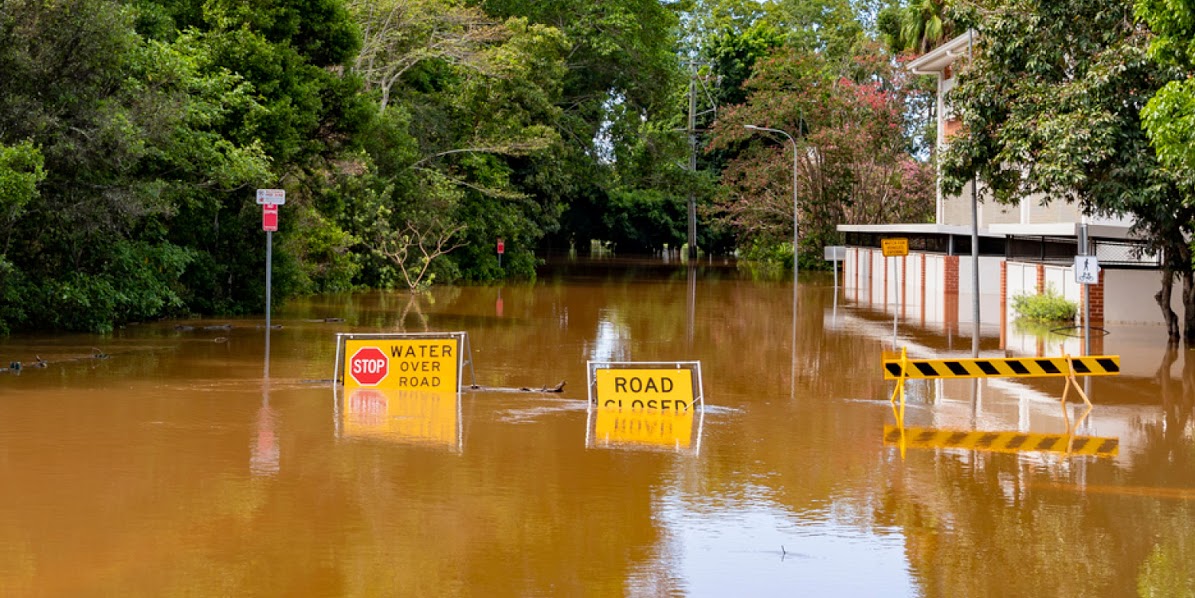What Should We Do During a Flood?
If you’re not sure what to do during a flood, listen to local emergency broadcast systems for information. Then, evacuate your home as quickly as possible. Make sure to avoid the high-water areas and cross power lines and electrical wires. If you can, move to higher floors of your home before water begins to rise. Bring your outdoor furniture indoors. Then, shut off utilities, including electricity and water, if you can.

When you’re caught in a flood, never try to wade through the rushing water. Check out SOS Products in Los Angeles. Water currents are much stronger than you think, and even two inches of water can knock you over. Rather, move to higher ground or stay away from bridges. You may not be able to return home, but you can get help quickly and save lives. Stay away from buildings that are completely engulfed in water.
what is purpose of the Emergency Management Plan
If you’re not certain how to evacuate, turn off utilities at the main switch and shut off your gas valve. If you’re unsure of where to go, check your local authorities for information and advice. If possible, turn off electricity at the fuse box or main breaker, and wait until it’s safe to restart the electrical system. If you don’t have electricity, test your water well to make sure it’s clean.
If you’re in a high-risk flood zone, get higher ground as soon as possible. If you can’t evacuate immediately, call 911. If you’re still in your home, use emergency supplies like flashlights, extra batteries, and extra food. If you’re in a car, stay in the vehicle if possible – unless the cabin is completely flooded. The water may be too high to walk through on foot.
What precautions would you take if there is an announcement about flooding in your area?
Listen to local alert systems for flooding information. If your home is inundated with water, evacuate immediately. Be sure to bring your pet along. Floodwaters can be deadly. Remember, most drownings occur during flash floods, when just six inches of fast-moving water can knock a person off their feet. A foot of water can wash away a car, so be sure to check before you go near flooded areas.
If you’re in a flood-prone area, consider elevating your home. If you have a basement, consider hiring a plumber to install check valves. This prevents sewer water from backing up into the house. Also, have sandbags and a battery-operated backup sump pump in your garage. And, if your house is above the flood zone, make sure to move valuable items outside.
Which area is not protected by most homeowners insurance?
Check your insurance policy. Homeowners and renter’s insurance coverage usually does not cover flood damage, so be sure to check your policy. Get tips about gas power generators. Depending on your policy, you may be able to purchase flood insurance in your community. Check your state’s laws on flood insurance, and don’t forget to get insurance if needed. You’ll be glad you did. It’s worth the money. This flood insurance is not only useful in case of emergency, but will help protect your property.
First, you need to clean up any standing water. If the water has contaminated your basement, you’ll have to pay a plumber to replace the flooded foundation. You’ll also need a dehumidifier to dry out your basement. Remember to clean out the floor of standing water and remove any standing water. You’ll want to remove any standing water from carpets and floor drains, and make sure that all electrical outlets are off-limits. After you’ve cleaned out the water, make sure to sanitize anything you’re cleaning.
What is the safest way to get around in times of flooding?
Avoid driving through flooded areas and stay in high ground. Avoid rushing water – six inches of water can knock a person off their feet in just a few seconds. It may be a good idea to call 911 if you’re trapped. Remember, water is deeper than it appears, and you don’t know what hazards may lie beneath it. If you need to evacuate your car, you should move to higher ground – such as a roof.
Follow emergency orders. Floods can happen suddenly, so listen to the local authorities’ emergency broadcasts. In the meantime, move all your essential items to higher floors. If you’re staying indoors, shut off utilities, turn off electrical equipment, and disconnect them from the floor. While you’re doing this, you’ll need to keep in mind that water can be deadly and can even be flash floods. To avoid this situation, you should move to higher floors if possible, and make sure you’re not touching electrical equipment.
Keep your family safe by establishing a flood preparedness plan. Prepare a disaster kit for a flood and keep it stocked. And if your home is in a flood-prone area, make sure you purchase flood insurance – many property insurance policies don’t cover flood damage. Consider buying flood insurance if you live in a flood-prone area. You’ll be thankful that you’ve taken this important step to protect your family.
How to Prepare for a Flood
While flooding can happen in any U.S. state, certain areas are more susceptible than others. Low-lying areas near the ocean or a river should be prepared for flooding. Similarly, areas downstream of a levy or dam should prepare for possible flooding. To prepare for floods, it is helpful to read storm recovery articles and consult a network of experts who specialize in storm repair. This way, you can take steps to reduce damage and minimize inconvenience in the aftermath of a flood.

When considering flood preparedness, the first step is to review your family’s emergency plan. Make sure your plan includes evacuation routes. If you live in a flood zone, you should consider moving to higher ground or making an emergency plan if your home is flooded. Remember to document your possessions and store them in a safe place. Also, you should check for any signs of electrical equipment or faulty wiring.
What can you do to protect yourself and your family from this natural disaster?
Talk to your family and children about what to do if your house is threatened by flooding. Talking about floods can reduce the fear factor, especially among young children. Besides, talking about flooding helps people think logically. By talking about the dangers and how to prepare, you can make them aware of the steps they can take to avoid them. And, if you’re not at home, you can ask your family and friends to help you find a safe place to stay.
If your house gets flooded, make sure to document the damages with a camera. If you can’t take a photo of the damage with your camera, use a cell phone. Remember, flooded water may contain hazardous materials. Wear appropriate protective gear when cleaning up. For instance, you should put your cellphone or camera in a secure cabinet. Also, don’t forget to float your caravan or motor home in shallow water and avoid leaving it in flooded areas.
What are the main steps of an emergency action plan?
If you live in an area that’s prone to flooding, you should have a go-bag prepared for your immediate needs. It should include clothes, toiletries, medications, and important documents. You should also include food, nonperishable items, and potable water. Read this flood safety guide. Ensure that you wear appropriate protective gear, especially when you’re working around the flood. In case the floodwater is contaminated, you must boil or use bottled water for drinking and cooking.
You should also make sure that your house is elevated. This way, the water will not soak the entire structure. Moreover, the water will also not back up into your sewer system, which will make you vulnerable to backflow. You should also elevate your water heater and electric panel. This will keep the water from entering the building and make it safer. You must make sure that your home is flooded proof before any disaster strikes.
What is the proper thing to do if there is a flood in your area?
If you live in an area where flooding is a threat, you should monitor the weather closely. If you live in an area that’s at risk, install a flood control system. Check if your basement has check valves to prevent sewer backups. You should also move your vehicles to higher ground if necessary. Finally, you should prepare for a flood by acquiring a home insurance plan with flood coverage. If possible, talk with your insurance agent to see if flood insurance covers flooding.
You should also check your local flood maps. The Federal Emergency Management Agency or FEMA has created maps of the risk of flooding in your area. You can check this map by entering your address and choosing your state, county, and community. Then you’ll know how high the flood waters will rise. If your home is in the middle of a valley, for example, you could be at risk for higher flood levels than the neighbor’s house.
Before you return home after a flood, you need to make sure you follow the proper cleaning protocol. The first step is to discard any contaminated insulation or drywall. In addition, you should discard any items or materials that aren’t safe for consumption. In the meantime, you should clean up and disinfect surfaces with a mixture of one cup of bleach per five gallons of water. Once you are finished with this, you can call your insurance company to report any potential hazards on your property.

